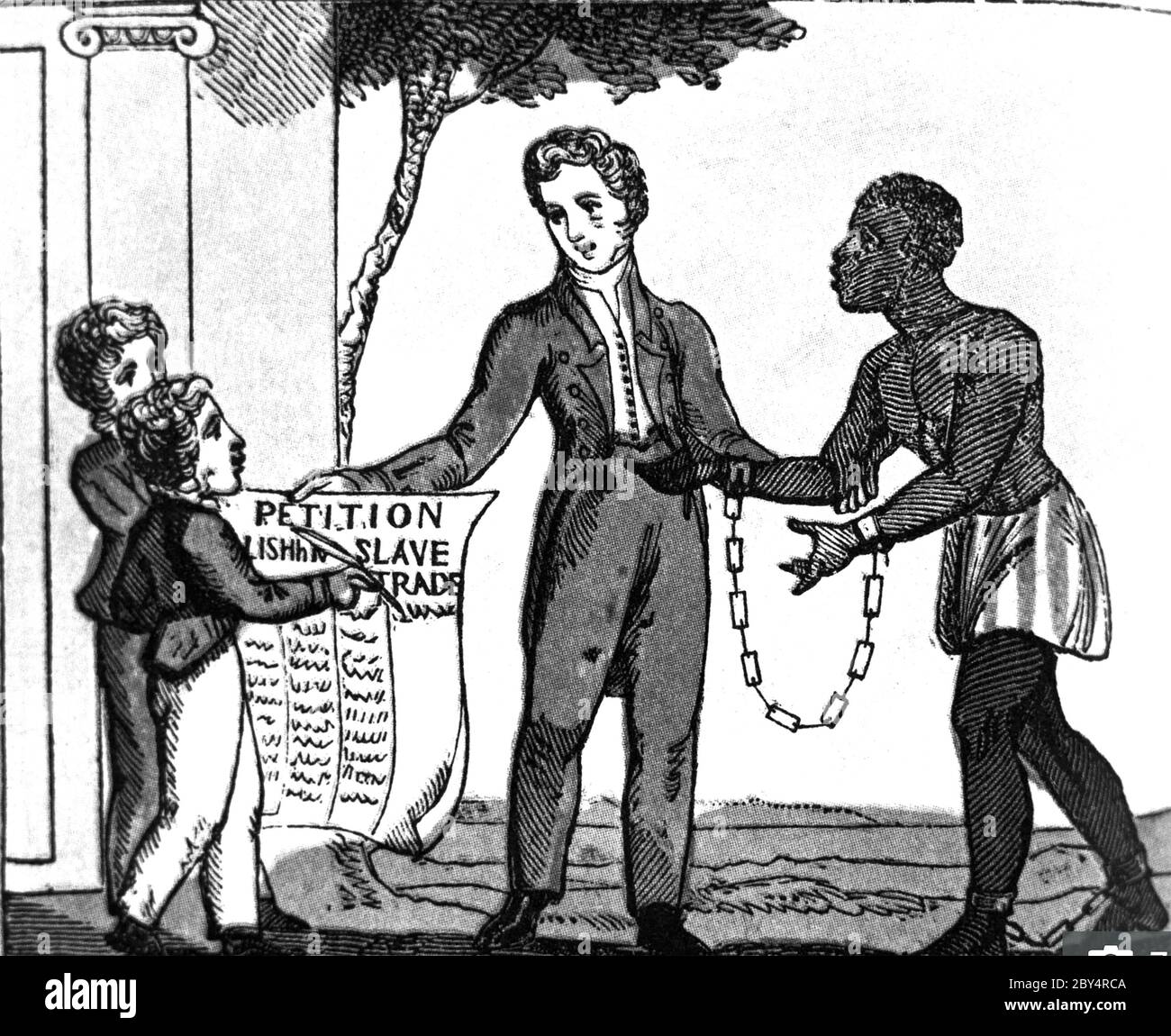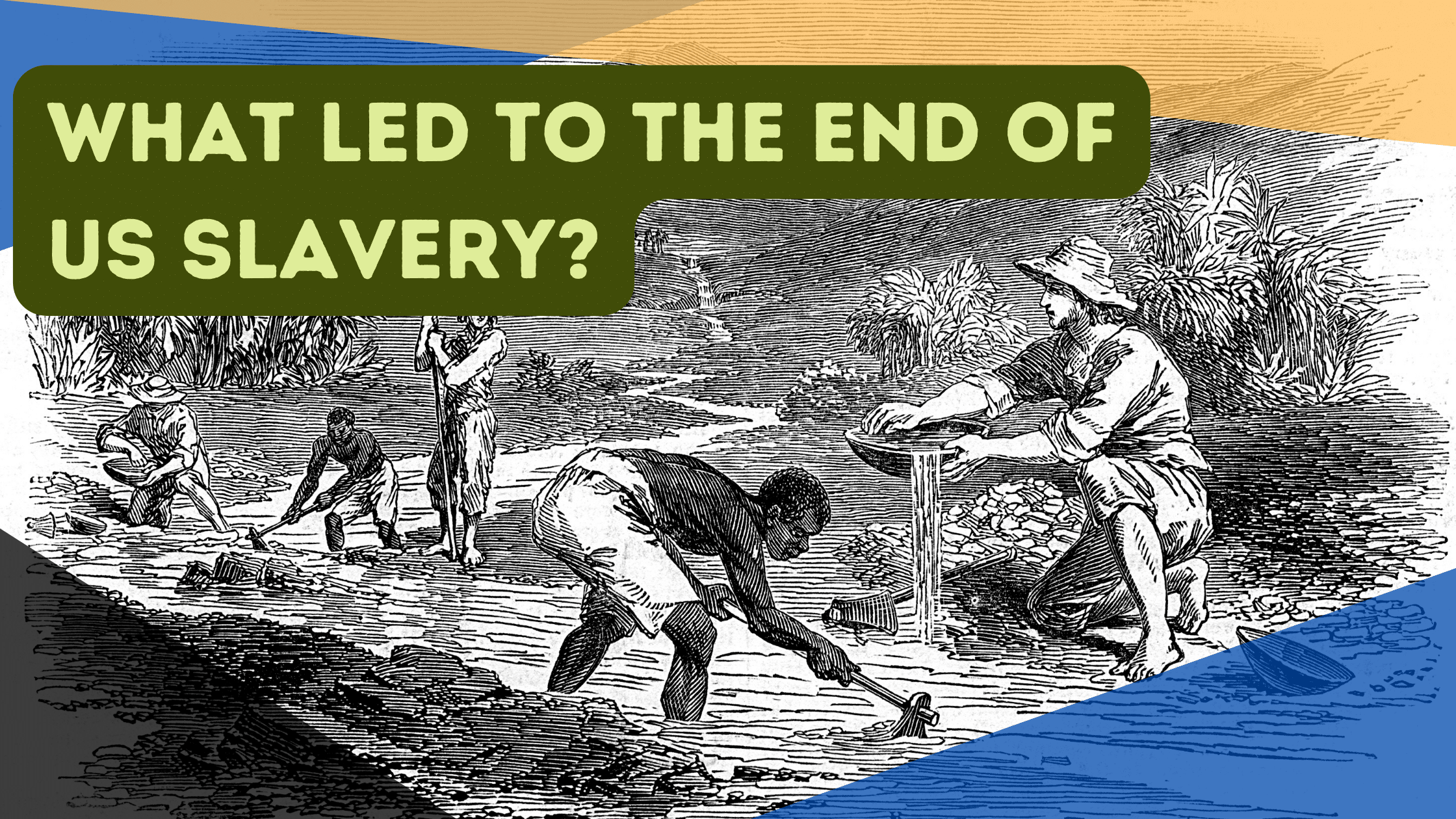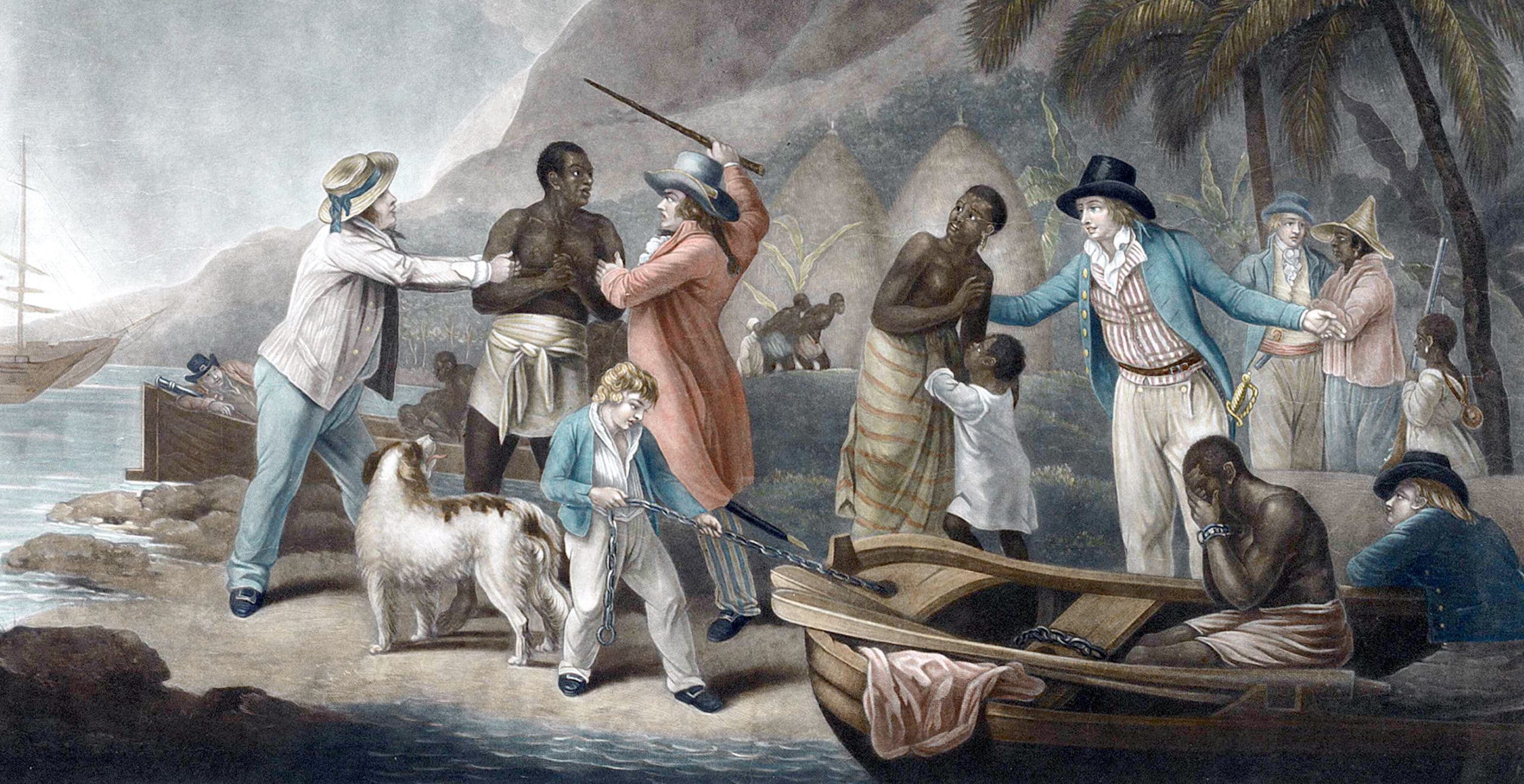When Was Slavery Abolished Definition And Abolition History
The civil war was the main event that led to the end of slavery nationwide in 1865 with the thirteenth amendment. Some people think that slavery ended with lincoln’s emancipation proclamation in september 22, 1862, where he declared all slaves in the u The 13th amendment was passed by congress in january 1865 and ratified by the states in december 1865, ending slavery in the united states.
Slavery Abolished
It was one of the civil war amendments that expanded the civil rights of americans. Borders, and the slave population peaked at four million people before slavery was abolished. Slavery abolished, except as punishment for crime, by the thirteenth amendment to the united states constitution.
It frees all remaining slaves, about 40,000, in the border slave states that did not secede.
Slavery is abolished in cuba. Brazil, the last country in the americas to abolish slavery, passes the golden law. The league of nations adopts the slavery convention, aiming to eradicate slavery worldwide. The 13th amendment was ratified on december 18, 1865, after the civil war and the emancipation proclamation.
It declared that neither slavery nor involuntary servitude would exist in the u.s. Or any place under its jurisdiction. The 13th amendment to the u.s. Constitution, passed in 1865, ended slavery in the united states.

Learn more about the history and text of this amendment from the national archives website.
The amendment, which officially abolished slavery in the united states in 1865, includes a loophole regarding involuntary servitude. Battle over the 13th amendment. The abolitionist movement was an organized effort to end the practice of slavery in the united states. The first leaders of the campaign, which took place from about 1830 to 1870, mimicked some of
Finally and fatally there was abolitionism, the antislavery movement. Passionately advocated and resisted with equal intensity, it appeared as late as the 1850s to be a failure in politics. Yet by 1865 it had succeeded in embedding its goal in the constitution by amendment, though at the cost of a civil war. At its core lay the issue of

The amendment officially abolished slavery, and immediately freed more than 100,000 enslaved people, from kentucky to delaware.
On december 18, 1865, the 13th amendment was adopted as part of the united states constitution. The emancipation proclamation is an edict issued by u.s. President abraham lincoln on january 1, 1863, that freed the enslaved people of the confederate states during the american civil war. Besides lifting the war to the level of a crusade for human freedom, the proclamation allowed the union to recruit black soldiers.
The slavery abolition act 1833 (3 & 4 will. 73) was an act of the parliament of the united kingdom, which abolished slavery in the british empire by way of compensated emancipation. Mauritania is the latest country to officially abolish slavery, with a presidential decree in 1981. The thirteenth amendment (amendment xiii) to the united states constitution abolished slavery and involuntary servitude, except as punishment for a crime.the amendment was passed by the senate on april 8, 1864, by the house of representatives on january 31, 1865, and ratified by the required 27 of the then 36 states on december 6, 1865, and proclaimed on december 18.

Enlarge the emancipation proclamation (page 1) record group 11 general records of the united states view in national archives catalog español president abraham lincoln issued the emancipation proclamation on january 1, 1863, as the nation approached its third year of bloody civil war.
The proclamation declared that all persons held as slaves within the rebellious states are, and Ratified in 1865, the 13th amendment abolished slavery in the united states. This guide provides access to digital collections at the library of congress, external websites, and print materials related to the amendment. Digital materials at the library of congress related to the 13th amendment to the u.s.
The slavery abolition act of 1833 in the united kingdom was a crucial milestone in the abolition of slavery. It abolished slavery throughout most of the british empire, with the exception of territories controlled by the east india company, ceylon (now sri lanka), and saint helena. France abolished slavery in its colonies. Laws like the civil rights act of 1866 and the 14th and 15th amendments sought to extend citizenship, equal protection, and voting rights to

Enslaved people played a major, though unwilling and generally unrewarded, role in laying the economic foundations of the united states—especially in the south.
Black people also played a leading role in the development of southern speech, folklore, music, dancing, and food, blending the cultural traits of their african homelands with those The transition from slavery to freedom included many roadblocks as the country confronted the question of how resources could reach newly freed african americans. The end of the civil war in 1865 ushered in major changes in the u.s., including the passage of the thirteenth amendment, which abolished slavery except as punishment for a crime. All northern states had abolished slavery in some way by 1805;
Sometimes, abolition was a gradual process, a few hundred people were enslaved in the northern states as late as the 1840 census. Some slaveowners, primarily in the upper south, freed their slaves, and philanthropists and charitable groups bought and freed others. On december 18, 1865, secretary of state william seward announced to the world that the united states had constitutionally abolished slavery — the 13th amendment had been ratified. The ratification of the 13th amendment, the first of the reconstruction amendments, was truly the beginning of the end of one our nation's ugliest and saddest eras.
Following the rise of abolitionism, britain outlawed slavery in its colonies in 1833, and france did the same in 1848.
During the american civil war, slavery was abolished in the confederacy by the emancipation proclamation (1863), which was decreed by pres. Brazil was the last to abolish slavery, doing so in 1888. Slavery lasted in about half of u.s. States until abolition in 1865, and issues concerning slavery seeped into every aspect of national politics, economics, and social custom.
[1] in the decades after the end of reconstruction in 1877, many of slavery's economic and social functions were continued through segregation , sharecropping , and Conflict due to slavery and abolition led to inspired works and incidents during the 18th and 19th century. This guide provides access to materials related to slavery and abolition in the chronicling america digital collection of historic newspapers. The proclamation was confirmed by the thirteenth amendment to the constitution, which put an end to slavery.
Puerto rico abolished slavery (with provisions for periods of apprenticeship) in 1873 and cuba in 1880.
Brazil was the last western hemisphere nation to abolish slavery.